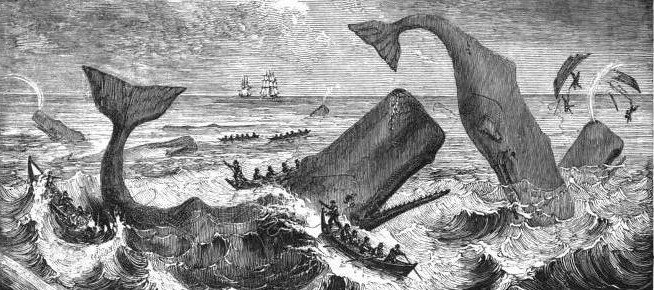Modernly known as Levanter or Gregale, Euroclydon, as defined by Paul Coones in Euroclydon: A Tempestuous Wind, is “the foundation of Mediterranean navigation, a conceptual system analogous to the Micronesian etak, though perhaps less sophisticated, in which an illiterate and astronomically naïve sailing community evolves a practical system of directional rules of thumb.” It is a mighty wind that blows northeast to southeast anywhere from ten to fifteen consecutive days. Usually a “damp, misty atmosphere” accompanies the wind, rendering navigating around islands dangerous, according to S. T. Gillet in The Euroclydon. Euroclydon is anything but a myth to sailors; the wind can destroy ships by hurling them onto the shore of islands. As much as it is a danger, however, it is also an essential aid in navigation. Its consistent NE to SE trajectory allows sailors to always have one directional rule of thumb, as Coones describes. Finally, Euroclydon is an old wind; references to it date at least as far back as the Bible, as in Acts 27:14 when the mighty wind wrecks the apostle Paul on the coast of Malta.
Melville’s reference to Euroclydon occurs in Chapter 2 of Moby-Dick, “The Carpet-Bag.” Ishmael is looking for a place to stay the night in New Bedford upon first arriving to town, and he is being rather choosy about it. Some places are too nice, some too dreary. When he comes across the Spouter-Inn he is entranced by how it is “leaning over sadly,” as if constantly blown by that tempestuous wind, Euroclydon, which is blowing more frightfully on this bitterly cold night than it did when it wrecked Paul on Malta. (If not a Christ-complex, Ishmael certainly has a Christian one.) However, as much as Euroclydon has ravaged the outside of the Spouter-Inn, it has thereby done marvelous things for the inside, which now appears all the more inviting, hospitable, and pleasing to Ishmael when he finally walks through the door. This is essentially the point of that quotation Ishmael cites about Euroclydon (from the pen of “an old writer,” whose works Ishmael claims to possesses the only extant copies). Here, at the Spouter-Inn, Ishmael stays during his time in New Bedford; here he meets Queequeg. Ishmael identifies utterly with the Inn: “these eyes are windows, and this body of mine is the house.” Although his journey begins surrounded and cut through by this violent and bitterly cold wind, which makes even the dead Lazarus shiver, Ishmael appreciates it, creates for himself a beautiful self-image and the beautiful prospect of a life-renewing journey with it. It sets the stage for an epic whaling voyage through the eyes of someone newly reinventing himself and hopeful for the future. Ishmael transforms “that tempestuous wind Euroclydon” into a thing of true beauty rather than a mean destructor; in his eyes it ushers in new opportunity and new experience. Euroclydon provides sailors with a simple rule of thumb for navigation; it is only right, therefore, that it led Ishmael to the Spouter-Inn, which consequently led him to everything that made his voyage what we know it as today.
